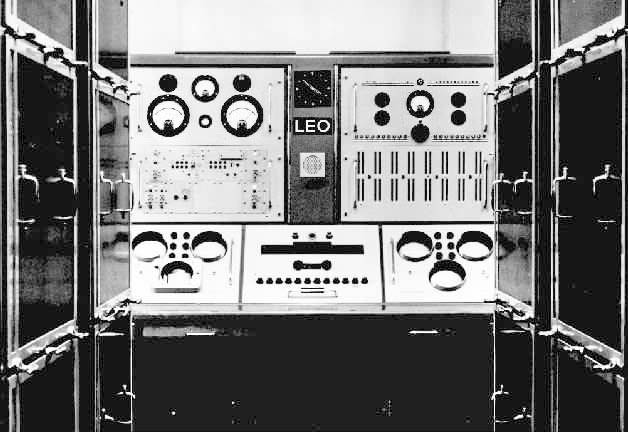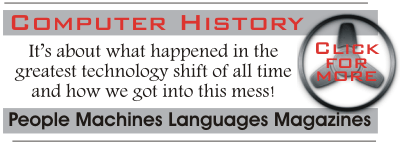| 60th anniversary of world's first business computer LEO |
| Written by Historian | |||
| Friday, 11 November 2011 | |||
|
One of the most unlikely events in the history of computing is the involvement of a UK company better known for its tea rooms. Lyons Electronic Office, LEO, started operating 60 years ago making it the world's first commercial data processing operation. On 17 November 1951 LEO I, the first the computer built by J Lyons & Co, took over tasks that had previously been done manually by accounts clerks. Initially it performed the weekly valuation of the bakery distribution, later it went on to handle payroll, ordering, stock control, tea blending and so on. This YouTube video shows a later version of LEO in operation in 1957.
In twentieth century Britain, J Lyons was a huge business concern that derived its profits from selling large numbers of low cost items. The company baked the bread and cakes, blended the tea and even printed the packaging needed for its products and delivered them to its own restaurants. It was also known for innovation and had a keen interest in computing. In 1947 two senior managers from Lyons,Oliver Standingford and Raymond Thompson, had been sent to the USA on a fact-finding mission into developments in electronic calculators. At the last minute they heard some very general details of the ENIAC project which had been a closely kept secret and as a result recommended that Lyons should invest in its own computer. Before embarking on LEO, Lyons donated £3000 to the University of Cambridge's EDSAC project in return for information which would help with their own project.
The Leo I: photo from Leo Computer Society website
The story of how LEO was designed and built by a team led by John Pinkerton, who on being recruited described the challenge before him as "great fun", is described in our history article LEO - Lyons Electronic Office.
To be informed about new articles on I Programmer, subscribe to the RSS feed, follow us on Google+, Twitter or Facebook or sign up for our weekly newsletter.
|
|||
| Last Updated ( Friday, 11 November 2011 ) |


